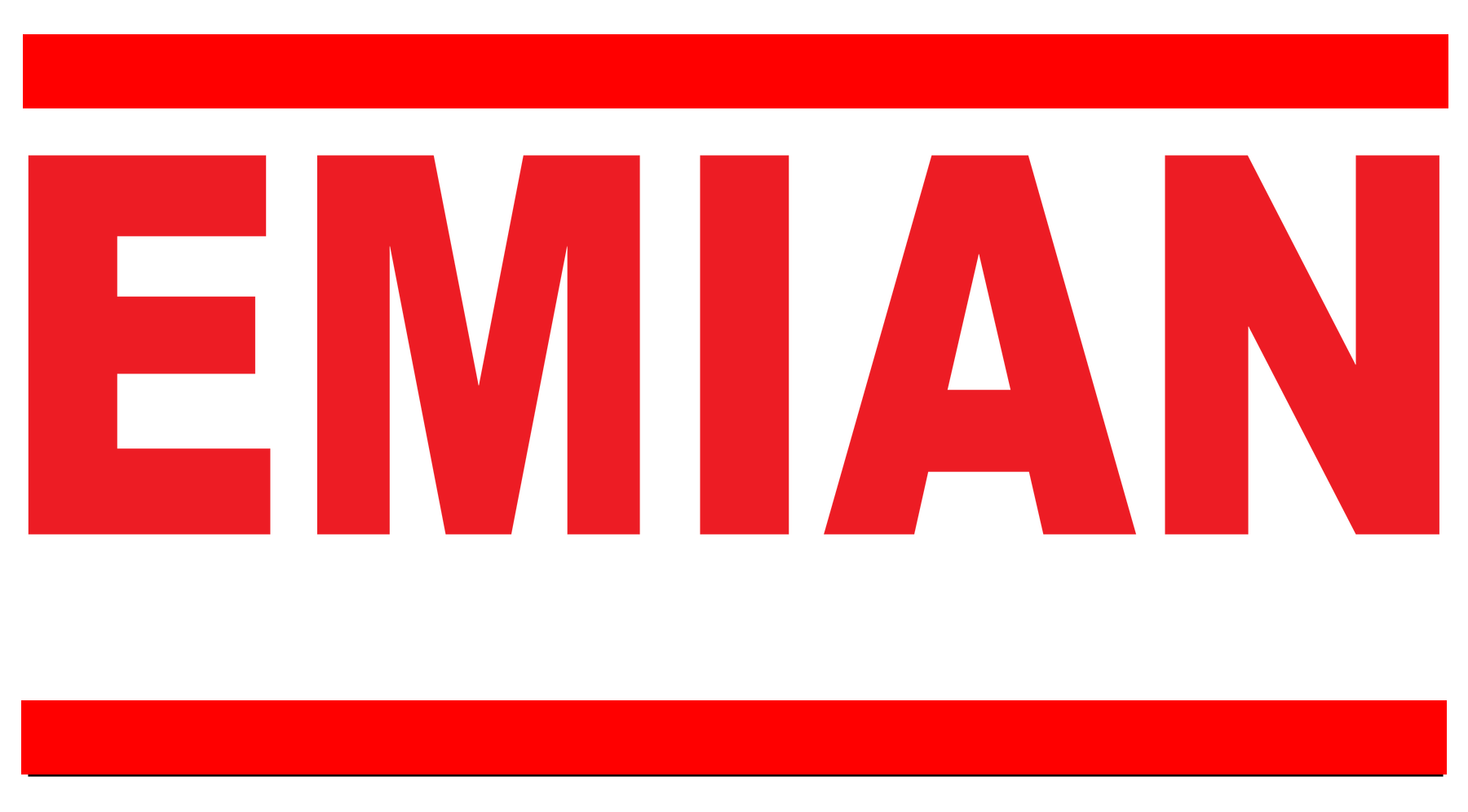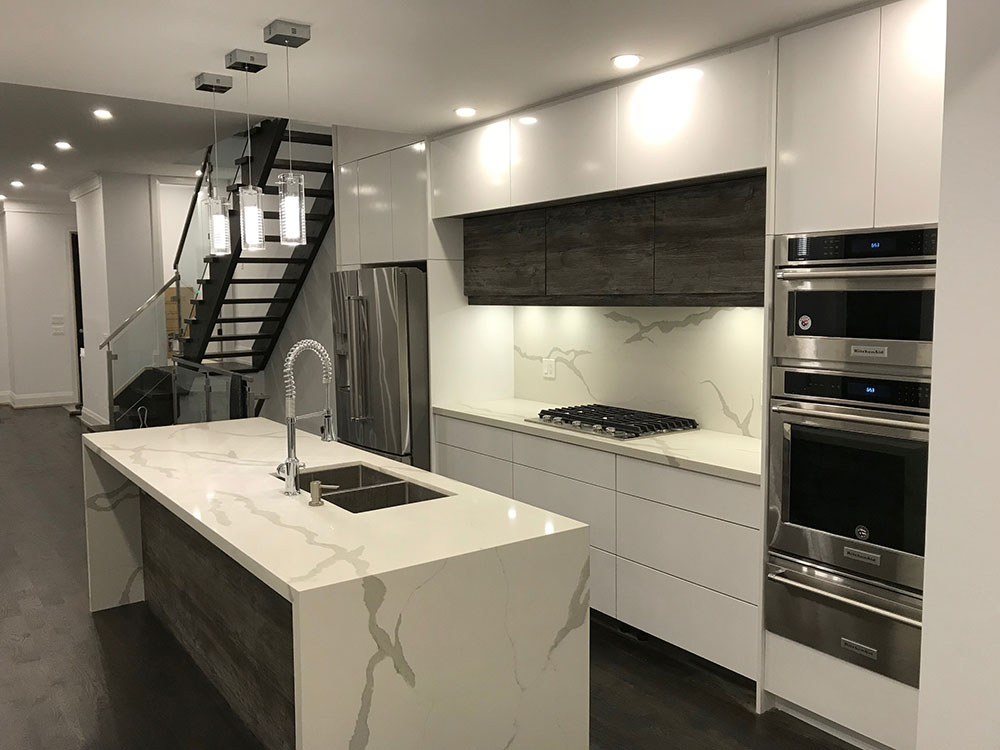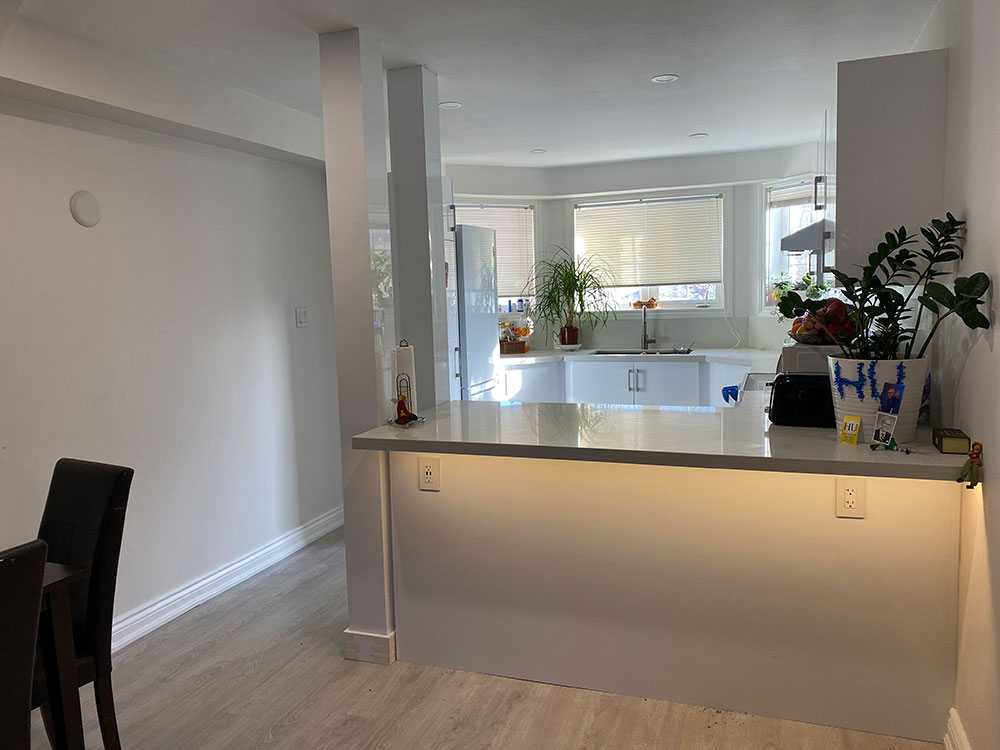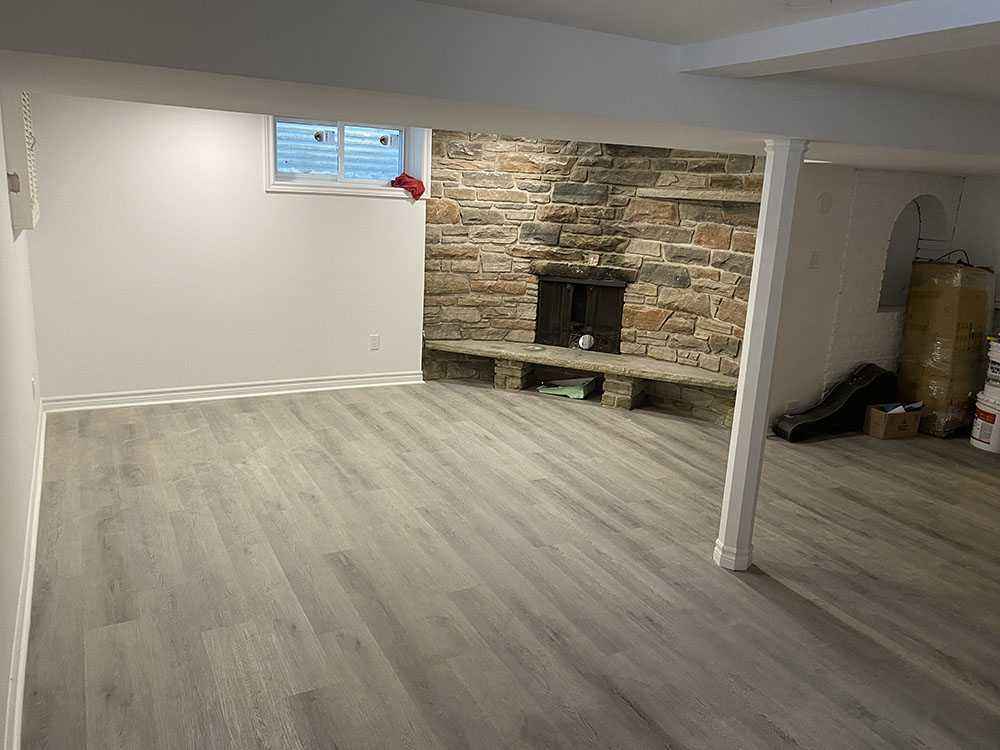The time has finally come; you want to revamp your kitchen. A reimagined kitchen is about more than cosmetic transformation.
It’s about reshaping your everyday living spaces to better fit your needs and lifestyle. Emian Construction Group understands that the kitchen is the heart of your home. This guide contains the basics of kitchen renovation to ensure you have the information needed to make well-informed decisions about your investment.
Why Consider a Kitchen Renovation?
Firstly, Increased Property Value
A properly executed kitchen renovation will significantly raise the property’s total value. Prospective buyers prioritize the kitchen, and updated kitchens are popular.
Enhanced Functionality and Efficiency
From improved layouts and bigger storage solutions to advanced appliances, we offer you the opportunity to develop a cooking and entertaining area that truly caters to your needs. In Energy Savings , with old versions of appliances, look to buy new energy-efficient models. The Utility bills will probably drop, and the industry will become more sustainable.
Planning Your Kitchen Renovation.
Set Your Goals:
How do you benefit from remodeling the kitchen? The needs of space, appliances, and style will guide your decision throughout the process.
Budget Wisely:
Without excluding premium quality manufacturing, aim to maintain a reasonable level of emphasis, and set a budget. Emian Construction Group might propose fiscal evaluations.
Choose a Timeframe:
Consider the period and choose a fitting term. Realistically, a proper renovation project facilitates the least amount of traffic.
Design Trends and Innovations.
Smart Kitchens:
Your kitchen, incorporated devices like fridges that know what you have purchased and a stove you may control from your smartphone.
Open Plan Living:
Removing walls is a major trend among homeowners. Keep social interactions central in the same place.
Sustainable Materials:
Give back to the environment and produce a bespoke look with sustainable materials.
Consider bamboo floor cover, recycled glass countertops, or eco-friendly hardwood cabinets.
Selecting the Right Materials.
Countertops:
Granite, quartz, and marble are counted among the typical kitchen materials for their sustainability and attractiveness. Caution for recycled glass or concrete: harder to find but distinctive when perfect.
Cabinetry:
Pick excellent products for a high-level kitchen renovation. Custom cabinets provide a significant return and elevate the room’s usability.
Flooring:
Class and effortless cleaning when choosing between flooring materials. A level item like porcelain or high-quality vinyl fits into many disadvantages.
The Renovation Process.
Initial Consultation:
Initial meetings should be kept with the Emian Construction Group representatives. Explain your concepts, and we will work behind the scenes.
Design Phase:
Together with our designers, you will develop a space that is functional and stylish at the same time. It also consists of material selection and the final layout.
Construction:
Emian Construction Group ensures efficient and high-quality construction. We will do our best to minimize household disruptions and make the process as smooth as possible.
Final Touches:
Finally, you and Emian Construction Group’s team will inspect the results to ensure that everything you wanted and planned has been made.
Conclusion
Kitchen renovation is a huge and sometimes chaotic process, but planning and selecting the right company can make it one of the most rewarding changes you can make in your home.
At Emian Construction Group, we make sure that all of your dreams and expectations come true with the best service and craft. So, what are you waiting for?
Contact us today and let us help you achieve your ideal living space.
Putting Client Needs First
At our core, we prioritize the needs of our clients above all else during home construction or any renovation, earning us a reputation as a top-quality construction company in Toronto.



